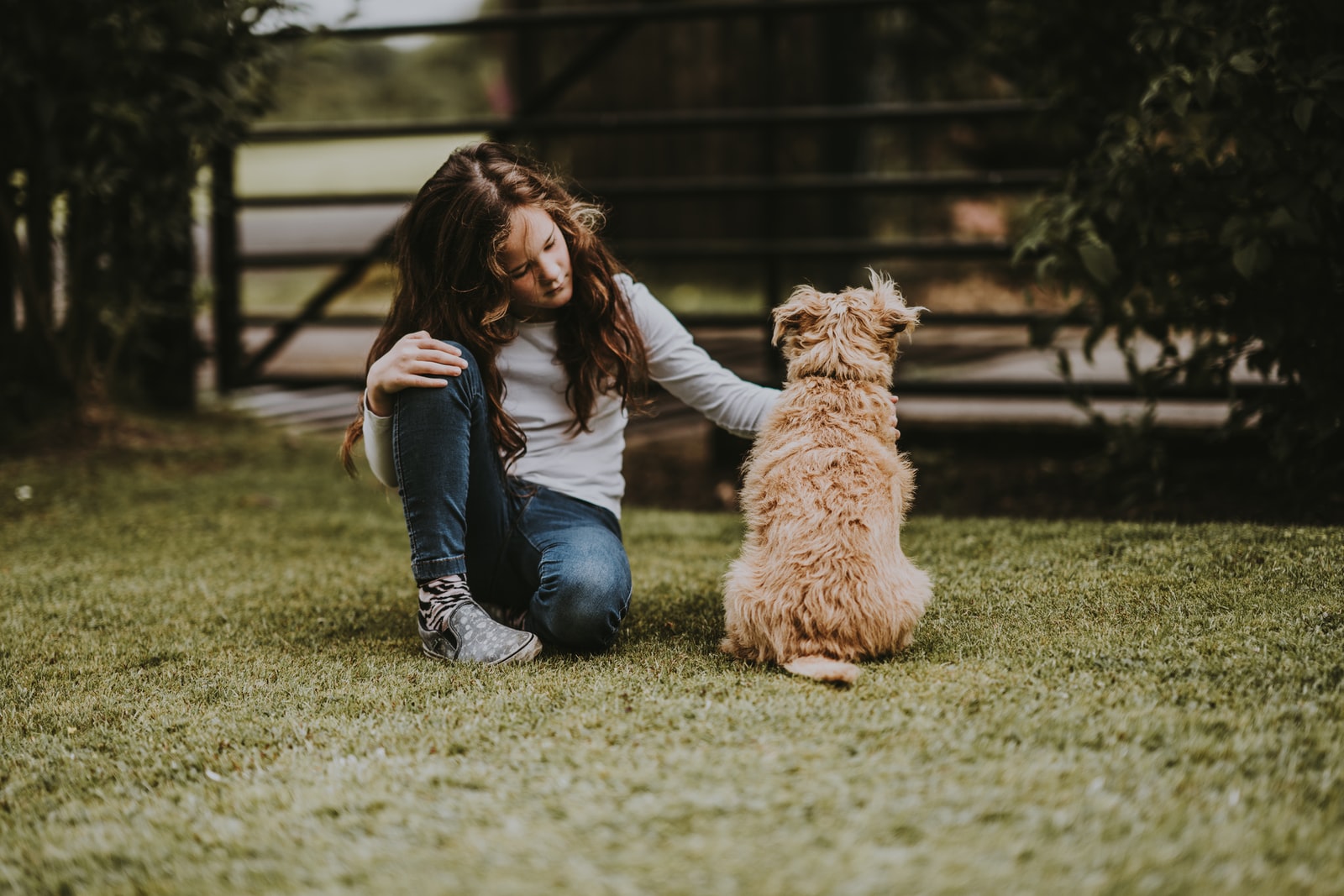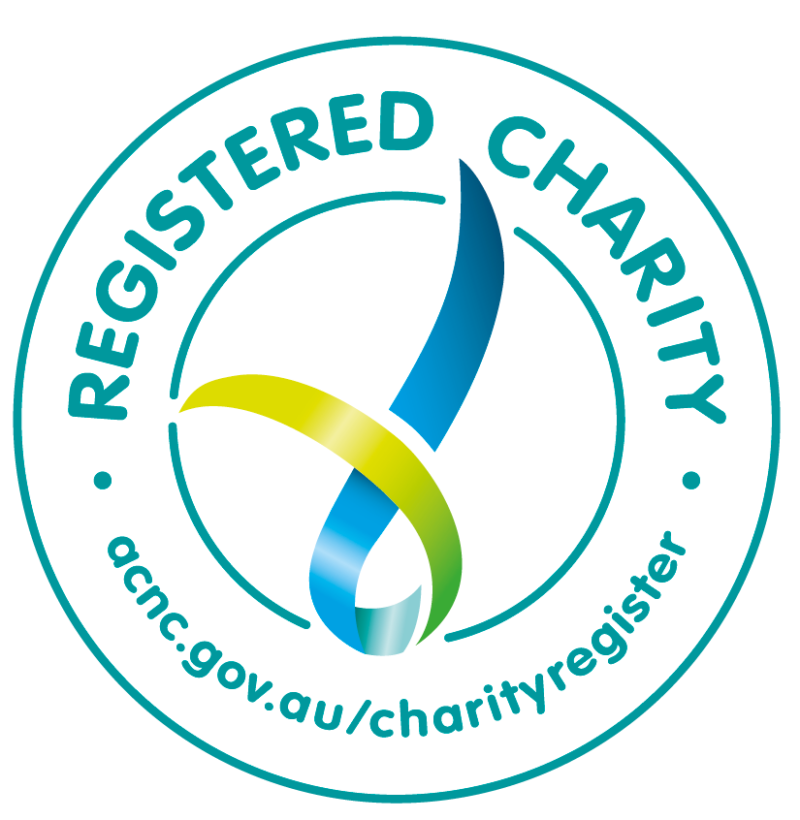This can often be a difficult conversation for adults, let alone for children. Death is not typically something that is often spoken about, until it directly impacts you.
Where possible, it’s a good idea to start the conversation with children and explain it to them in an age appropriate way so they can begin to understand death being a part of life, and something that will touch them at some point in their life.
Preparing them and talking openly about what it means helps children to feel less scared when it happens in their own life, whether it’s the death of a pet, family member or loved one.
If you are in a circumstance where death has recently impacted you and your family, it’s important to remember that children and young people feel and show their grief in different ways and can depend on their age.
How kids cope with loss depends on things like how close they felt to the person who died, and the support they receive.
Be there to provide support and answer any questions they might have.
Ages and stages of understanding death
Preschool children
- They don’t usually have a good grasp of the concept of death as being final. They think people, pets or story characters will come back again. This is normal and appropriate for this age level to think this way.
5 to 8 years of age
- Most children are beginning to understand that living things eventually die and that death is final. However, they tend not to relate it to themselves or those around them. They may fear things that are associated with death especially depicted in media and may have nightmares about these fears.
From around 9 years of age through adolescence
- Children begin to fully understand that death is final and that they too will die one day. Most young people do think that they will not die until they are old, even if they do risky things in their youth.
Top tips to start the conversation for young children (3 – 8 years)
- Introduce the concept of death with nature. You could point out some of the cycles in nature i.e., when a plant dies, an insect, or even bubbles to explain that it is gone, can’t come back and you won’t be able to see it again.
- Understand that for young children death will be confusing. Expect your child to keep asking you what happened or when your relative or pet will be coming back even up to the age of early primary school.
- Use simple words to talk about death.Be calm and caring when you tell your child that someone has died. Even as your children get older use words that are clear and direct. “I have some sad news to tell you. Your Grandad died today.”
- Let them ask questions. This can be their way of understanding and coming to terms with what has happened. Ask “do you have any questions?”
Top tips to start the conversation for pre-adolescents and teens
- Different reactions are okay. Some kids cry. Some ask questions. Others seem not to react at all. Give your child time to take in the situation offer hugs or comfort.
- It’s okay for them to see your feelings. This helps them to know that feelings are normal, and everyone has them. Let them know it is okay to grieve, be sad, angry, upset and express these feelings.
- Put feelings into words. Ask kids to say what they’re thinking and feeling. Say things like, “I know you’re feeling very upset. I am too. We all loved Grandad so much, we are going to miss him”
- Tell them what to expect. The death of a loved one usually means a funeral, memorial services and other events that can be strange and new. Explain ahead of time what will happen, how they will be involved and what it will be like. You might need to explain the burial or cremation and anything else that they have not experienced before.
- Let them know that is okay to be happy again.
Do you have a family member or loved one who has had a cancer diagnosis? Knowing how to explain this to children can be stressful. Mesothelioma Hope provides some advice here.
If you, your child or somebody you know needs further support, you can contact:
Lifeline on 13 11 14 or visit https://www.lifeline.org.au
Beyond Blue 1300 224 636 or https://www.beyondblue.org.au
Mensline on 1300 78 99 78 or https://mensline.org.au



